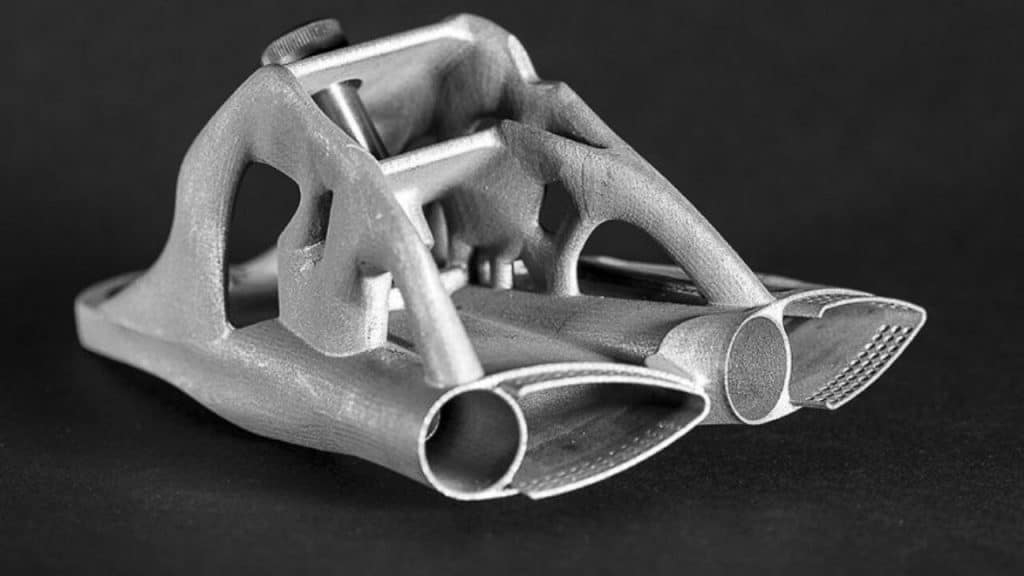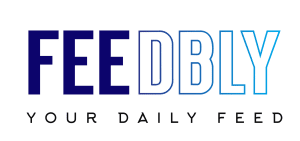Nowadays we see more and more entrepreneurs looking to protect their businesses against unforeseen risks. This can only be accomplished with the help of business insurance. Business insurance can be seen as a strategic shield that not only protects your enterprise but also ensures resilience in this ever-competitive landscape. Business insurance is the primary tool of corporate security and serves as an essential investment for any successful company. Business insurance offers financial protection to businesses when unforeseen accidents and calamities threaten to derail your operations. Therefore, it’s essential to have the right policy that can help your business recover faster in case of loss. But with the numerous kinds of business insurance policies available, how do you know which one provides the correct coverage? Let’s navigate the complexities of business insurance, focusing on its key components, benefits, and why it’s a cornerstone for financial stability.
Types of Business Insurance
Business insurance carriers offer a variety of policies that can shield your company. These policies will work on your business depending on the size, scope, and location. Here are some common business insurance policies required to keep your business moving smoothly.
1. General liability insurance
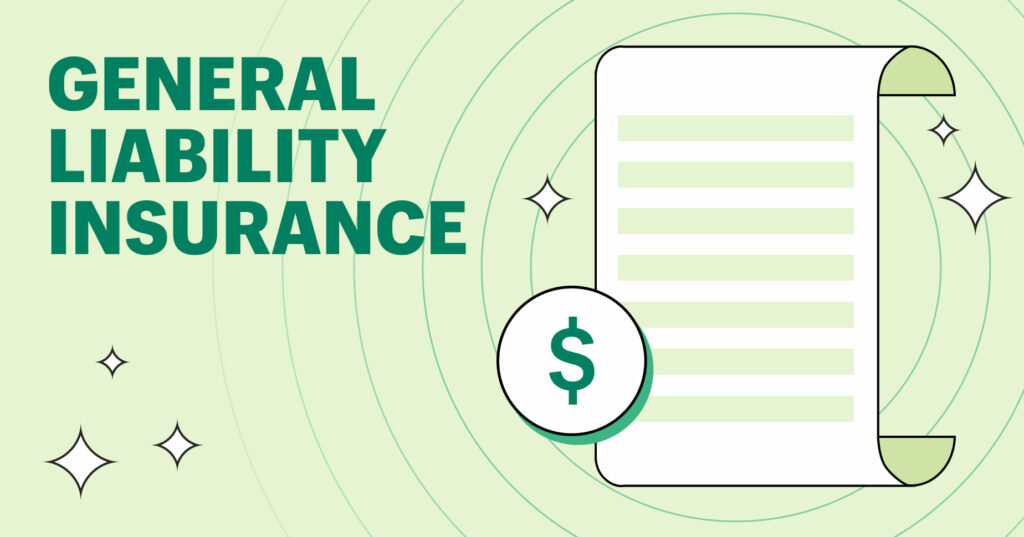
Although it’s not mandatory, general liability insurance is amongst the most popular coverages for your business. Also called business liability or public liability insurance, it shields your business financially against claims of bodily injury and property damage that occur daily. General liability policies may protect your business against copyright infringement and incidents that may hamper the reputation of your business including libel, slander, and invasion of privacy.
Most policies also provide product liability coverage, which covers your business in case of lawsuits claiming injury or losses because of a product you sell or make. General liability insurance will cover the legal and settlement costs if your company has been accused of selling a product that causes injury or loss. Some policies also protect your business over medical expenses for injuries that occur within your workplace.
2. Commercial property insurance
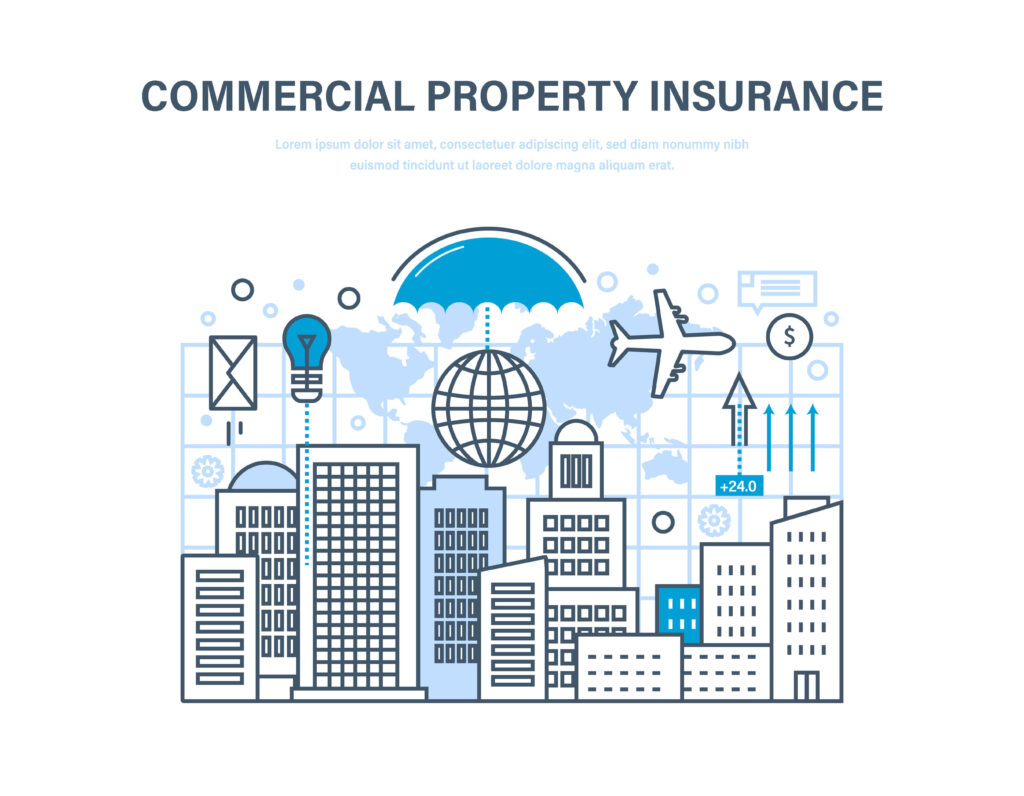
Commercial property insurance is as its name sounds. It helps reduce the financial impact of damage whether natural or man-made disasters cause to your business’ on-site physical assets including
- The Property or building your business uses
- The Equipment and technology your business uses
- The Inventory of products and materials your company stores and sells
Commercial property coverage reduces the impact of unexpected incidents on your daily operations and provides compensation for damages and losses. Some policies may even cover part of the lost income if the damage prevents the business from functioning normally.
3. Workers’ compensation insurance
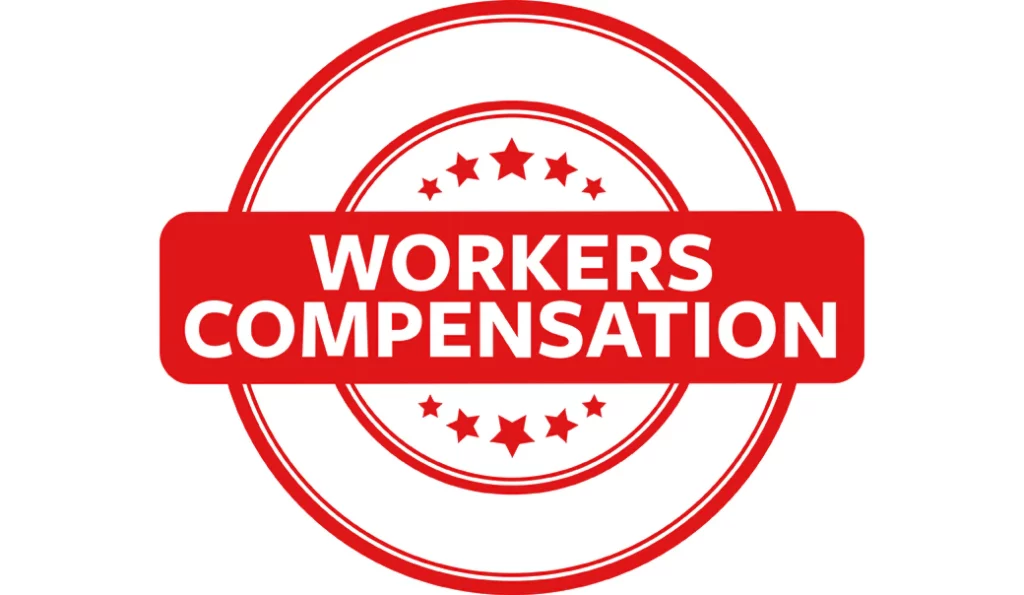
Workers’ compensation insurance covers your business in case of the financial liability of having to pay for costs relating to job-related injuries and illnesses. In the US it is mandatory for all businesses with a certain number of employees to take out this type of coverage. Business owners are responsible for shouldering the entire cost of coverage. It’s not a requirement for your employees to play a role in the premiums. Workers’ compensation insurance is based on a no- fault system. Thus, the employees’ benefit is not influenced by your business’ negligence, although there may be a chance that workers’ compensation to be rejected.
4. Professional liability insurance
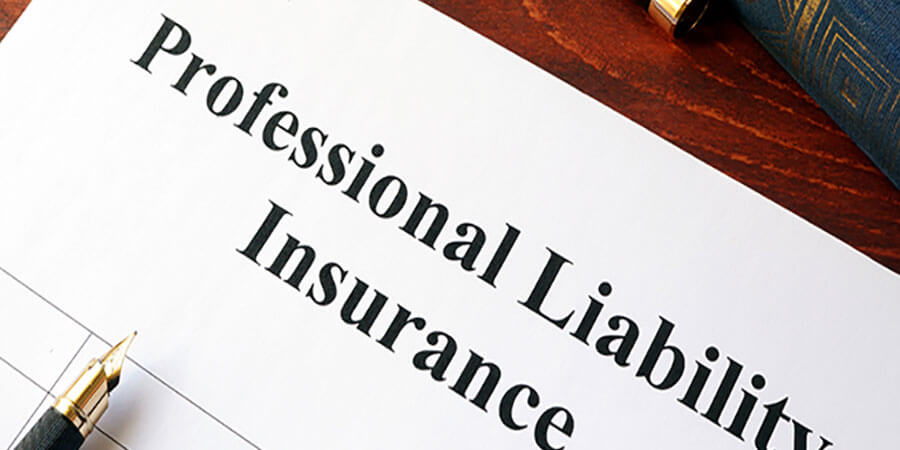
While it’s not mandatory, professional liability insurance is amongst the types of business insurance policies that are essential for companies offering expert or advisory services. A professional liability policy covers your business against claims of financial losses due to alleged or actual negligence when fulfilling the professional service. It covers legal and settlement costs arising from factors including:
- Service-related errors and oversights
- Inaccurate advice
- Misrepresentation
- Breach of contract
- Unfinished work
- Budget overruns
- Personal injury, including libel and slander
Professional liability insurance is a requirement for some professions. In some industries, this type of insurance is called errors and omissions (E&O) or malpractice insurance.
5. Tools and equipment insurance

This type of insurance policy covers the costs to repair and replace your business’ tools and equipment in case they are stolen, damaged, or vandalized. Businesses that rely heavily on tools and equipment for their production process will need this type of coverage. This policy covers several types of tools and equipment that you use for your business
The Benefits of having Business Insurance Policies
Businesses may face situations daily that can negatively affect profits. Common mistakes in a workplace can promote costly lawsuits, while accidents and calamities may even force some businesses to shut down. Therefore, it’s essential to have the right types of business insurance policies that can help provide financial protection in case of damage and other daily hassles. One good benefit of having the right type of business insurance is that it makes your company more credible. The reason is that many stakeholders and clients prefer working with businesses that they know are financially protected. Coverage is simply a single aspect of how individuals can minimize their business losses. Comparing different quotes from insurance companies and practicing sound risk management practices is one of the best ways to protect your business’ assets and finances.
How to efficiently handle business insurance
Effectively managing risks is one of the key aspects of business insurance policy. Business owners should carry out effective risk assessments, implement safety protocols, and stay informed about industry-specific risks. This will not only prevent you from losses but also contribute significantly to tailoring insurance coverage to your business. While the cost of business insurance coverage may be high for some business owners, it’s quite small when compared to the revenue you will be losing in case of unforeseen events. There are several factors that determine the cost of premium including the size and nature of your business, location, industry, and the coverage limits you choose. The best way to optimize costs is by bundling policies, implementing risk management practices, and periodically reassessing your coverage needs.
Conclusion
Business insurance is one of the best ways to protect your business from the unpredictable. Business owners who cover their business will not only shield their enterprise but also foster an environment conducive to growth and innovation.


